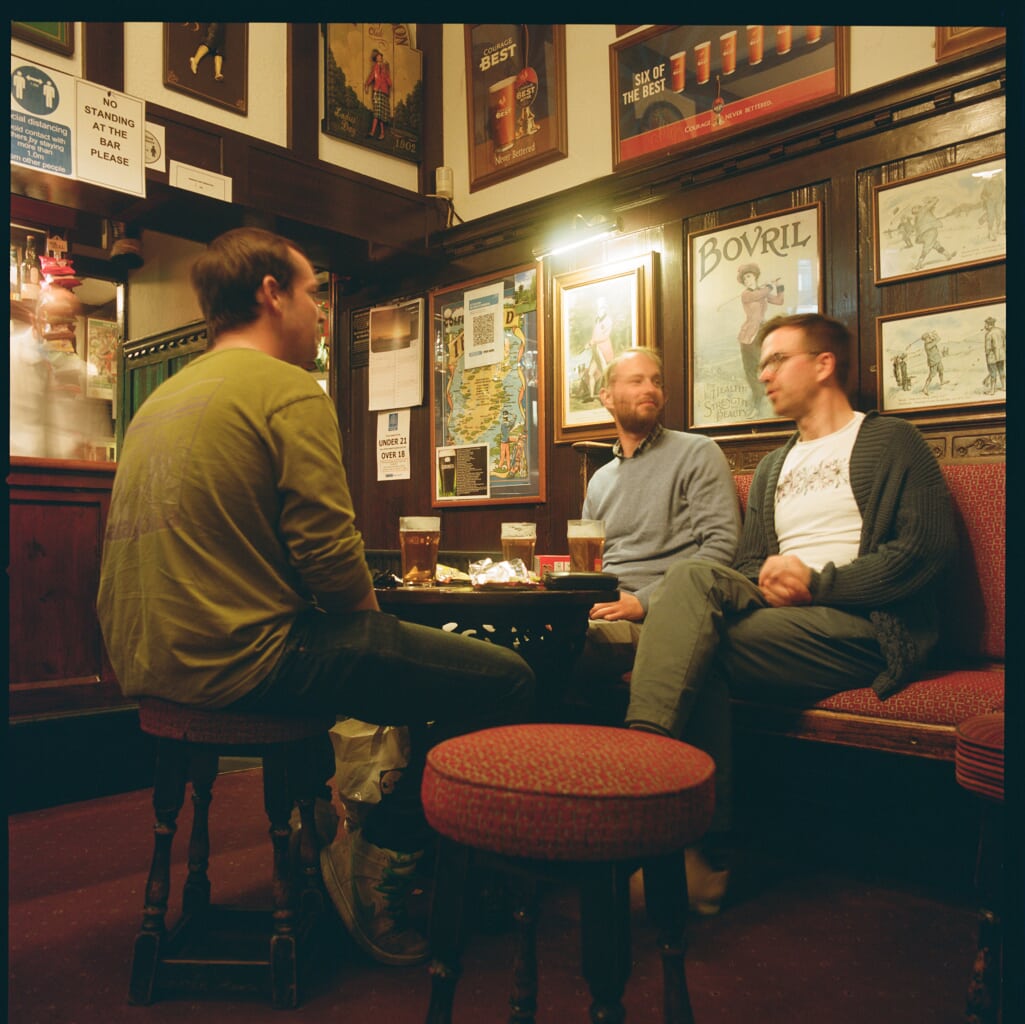
I often wonder whether one of my fondest memories with my father would have been possible in the drinking establishments you typically see today. I was 14 and hungover. You know how they come at that age: disorientating, nauseating and entirely consuming. I could barely see straight.
We had tickets to watch Bristol City play Doncaster at Ashton Gate, Bristol’s ground. And my dad, a drinker, felt it best we arrived at a nearby pub at 10am. ‘It’s only right…’ he insisted with a cocky smile, ‘to get in the spirits.’ And so we did, despite me having a pallor so sickly most would think of nothing other than a trip to A&E.
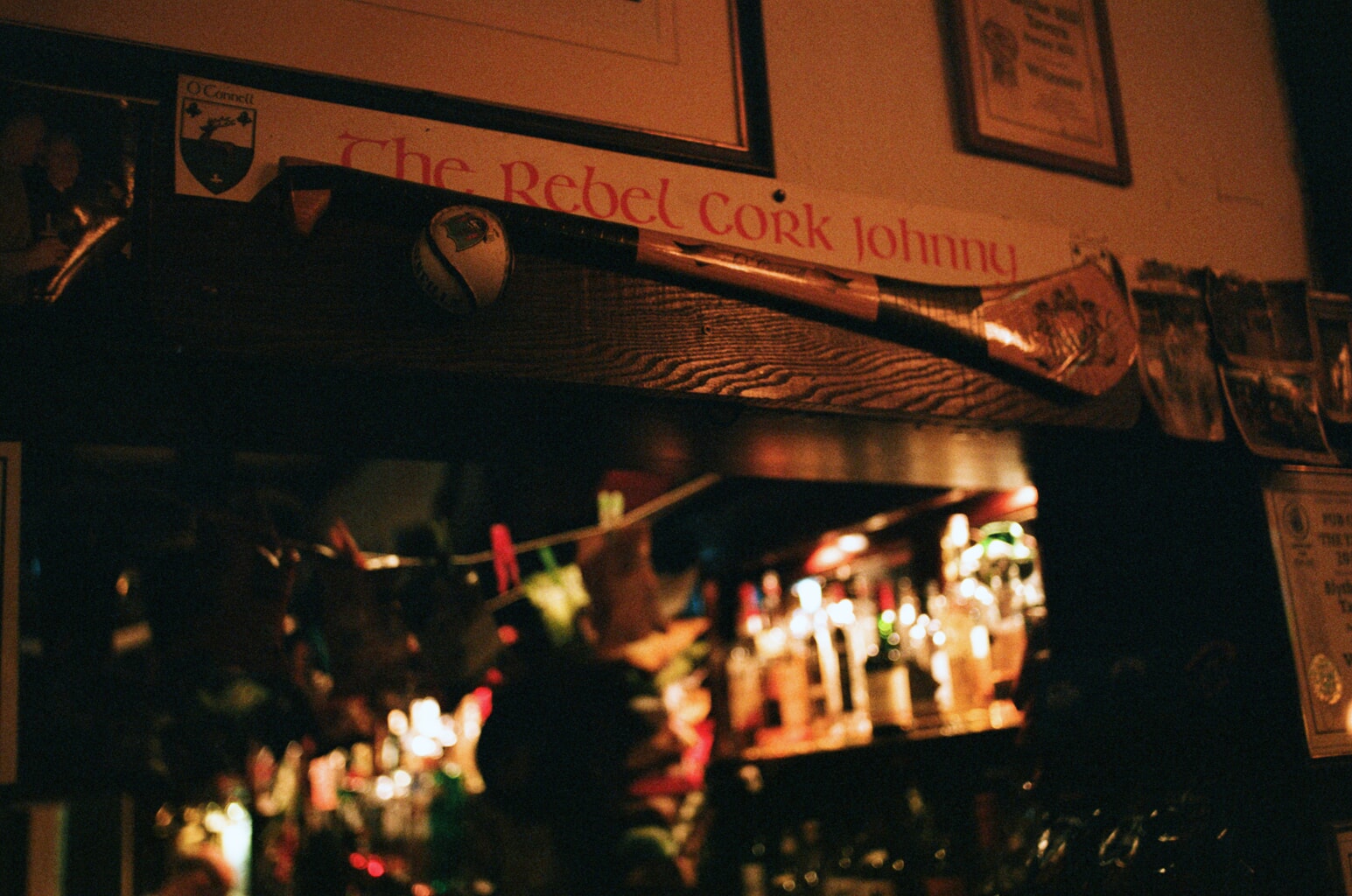
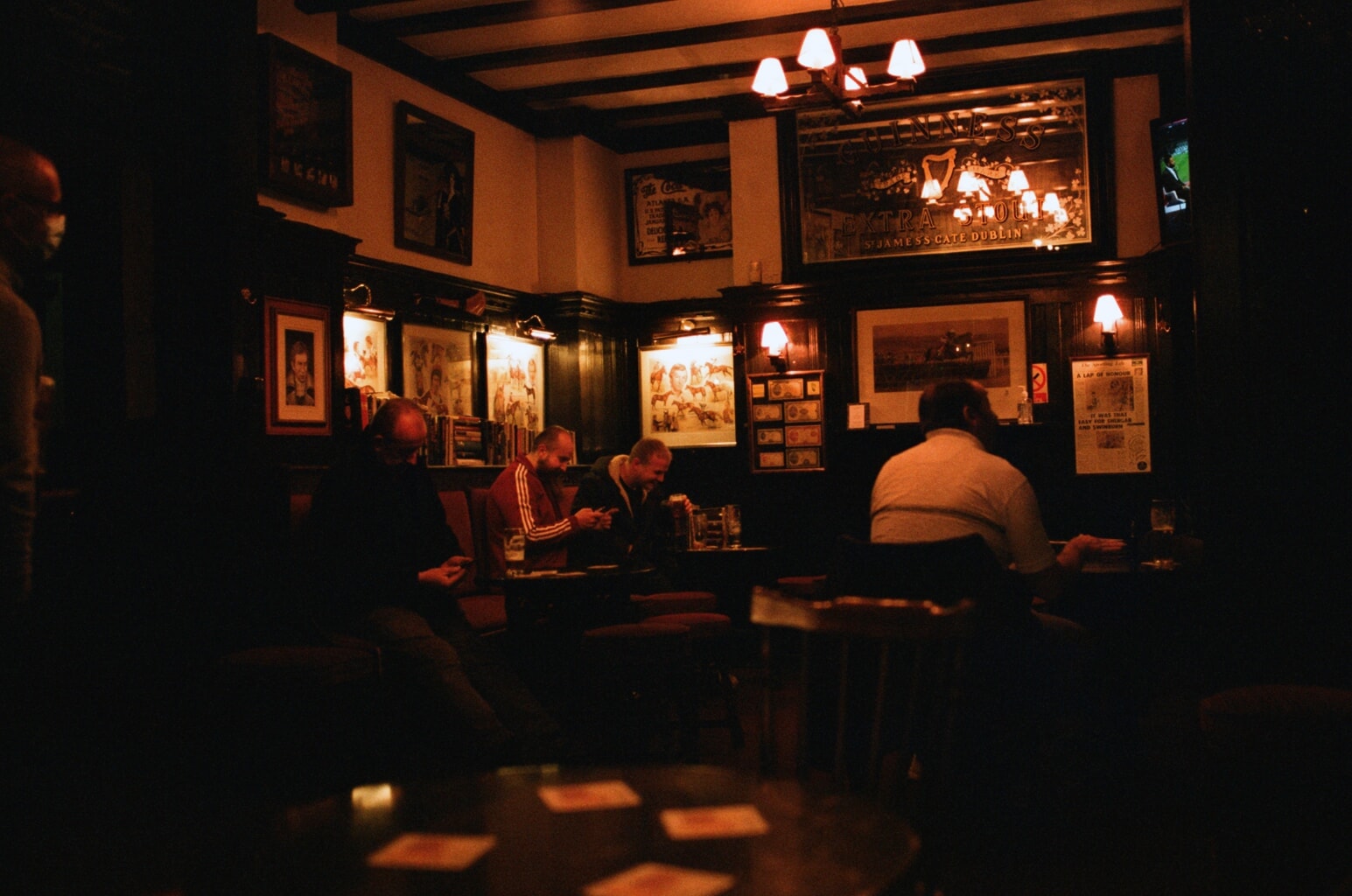
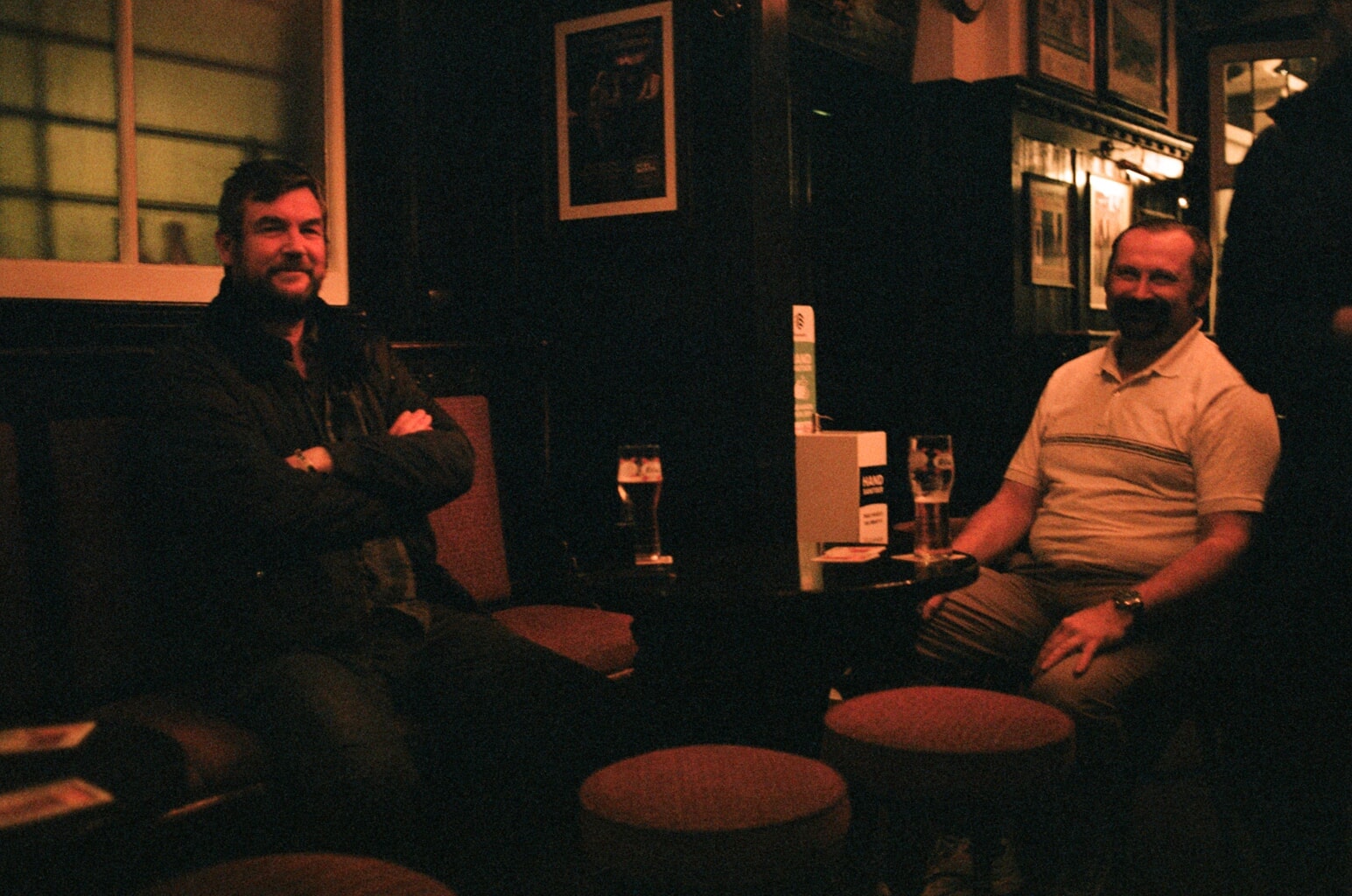
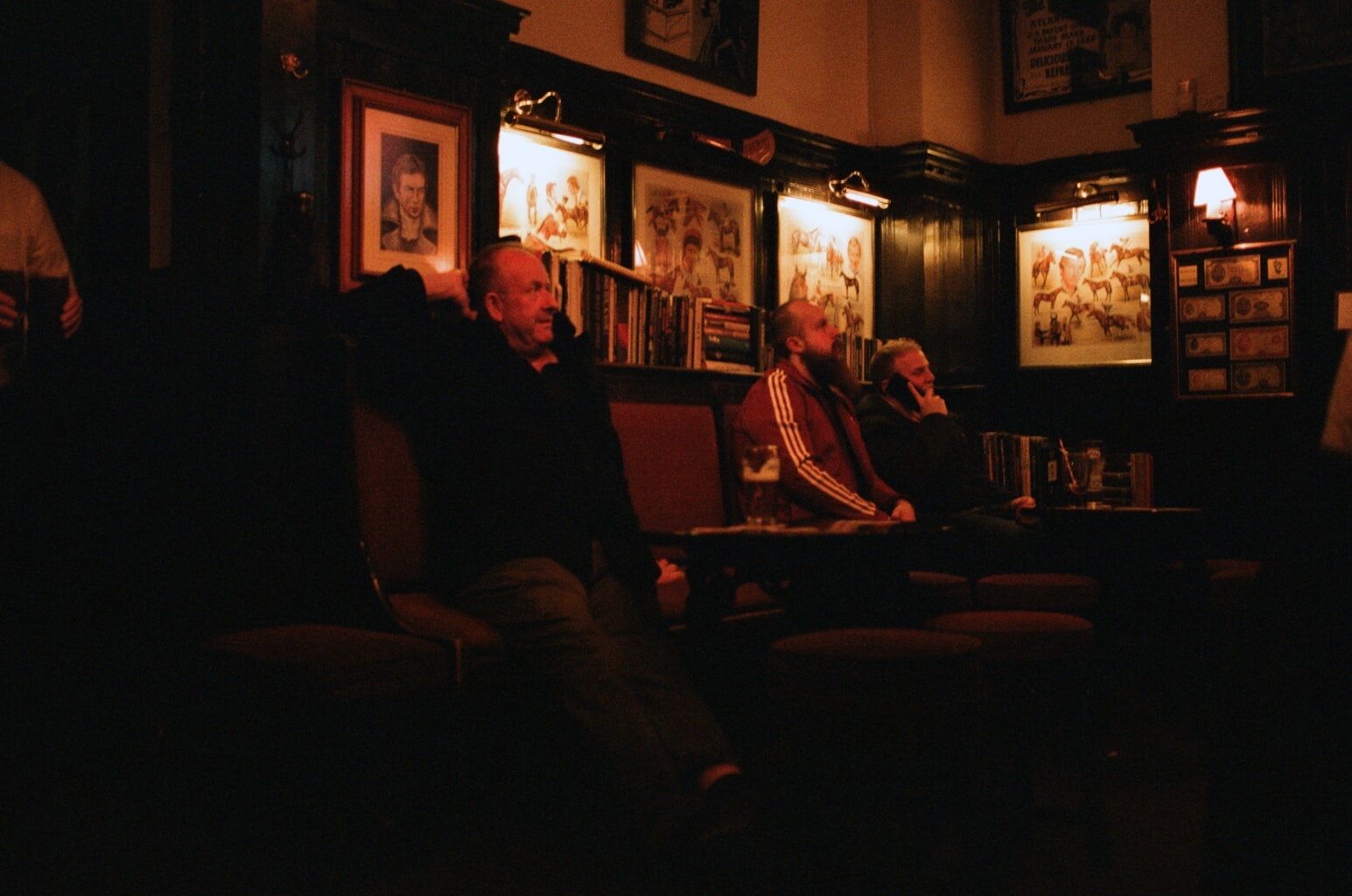
Boy did he drink. Pints upon pints. But not without a degree of nursing, he gave me a glass of orange juice, a pint of water, and half a coke. ‘Drink the water, and when you stop throwing up, drink the coke and orange juice.’ A father’s touch.
For hours I harboured those tepid drinks. Watching from the corner, observing. I saw jibes, people leaning on the bar for hours on end. I saw fruit machines flicker and assumed they would never stop. I smelt the history of the place; you know the smell, it’s intoxicating. You may say I saw a space and vibe unfolding in front of my eyes for the first time in my life. People were themselves with abandon, enjoying a hard-earned session with familiar faces. The Pub.
Come 2pm, my peaches-and-cream complexion back again, one half-pint down (insisted upon by my dad and his sinister pals), I left enchanted. This place was perfect. The pub... The bloody Pub. I’ll die there, I thought, as we walked through Ashton Gate’s residential fringe.
While that may seem like an anecdote best reserved for my therapist, I find it hard to fathom such ongoings in drinking establishments that are commonplace in today’s world – bars, courts, ‘pop-ups’; however they’re described, whatever they are.
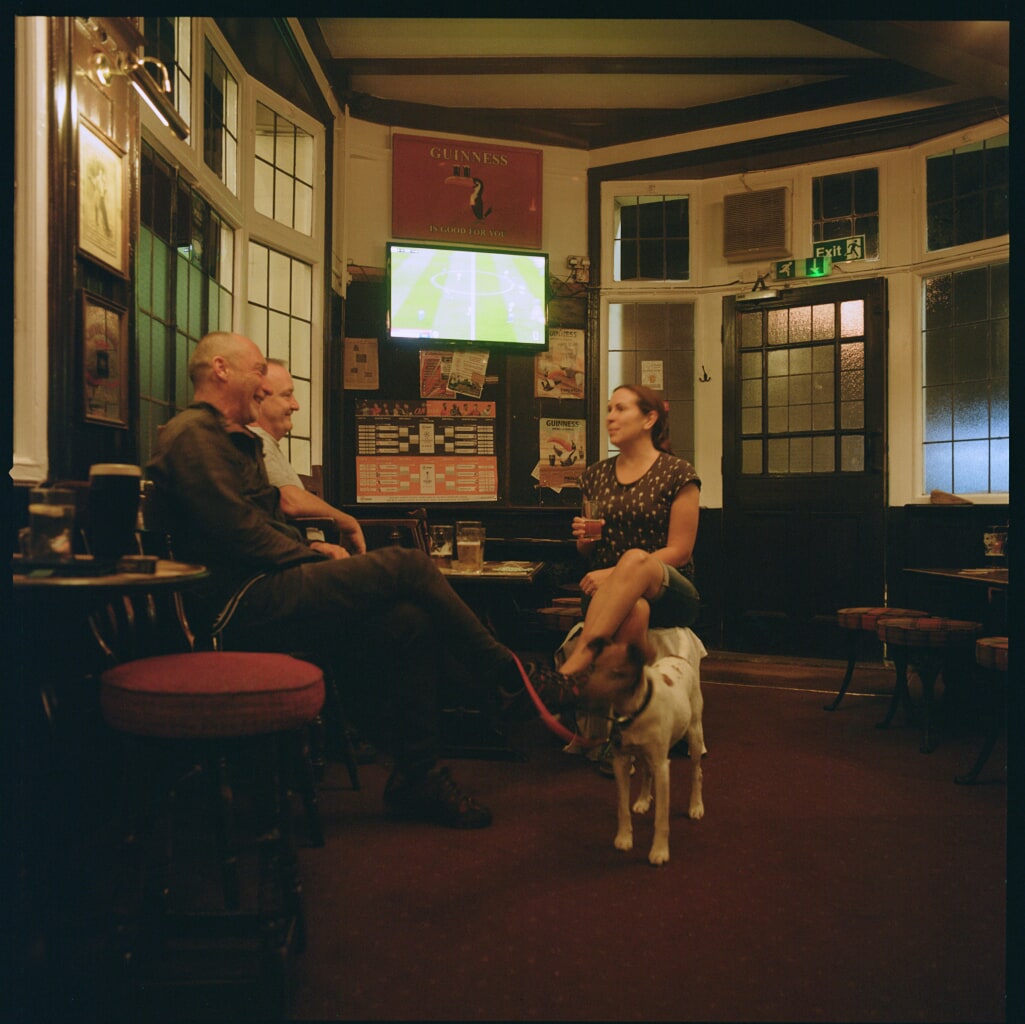
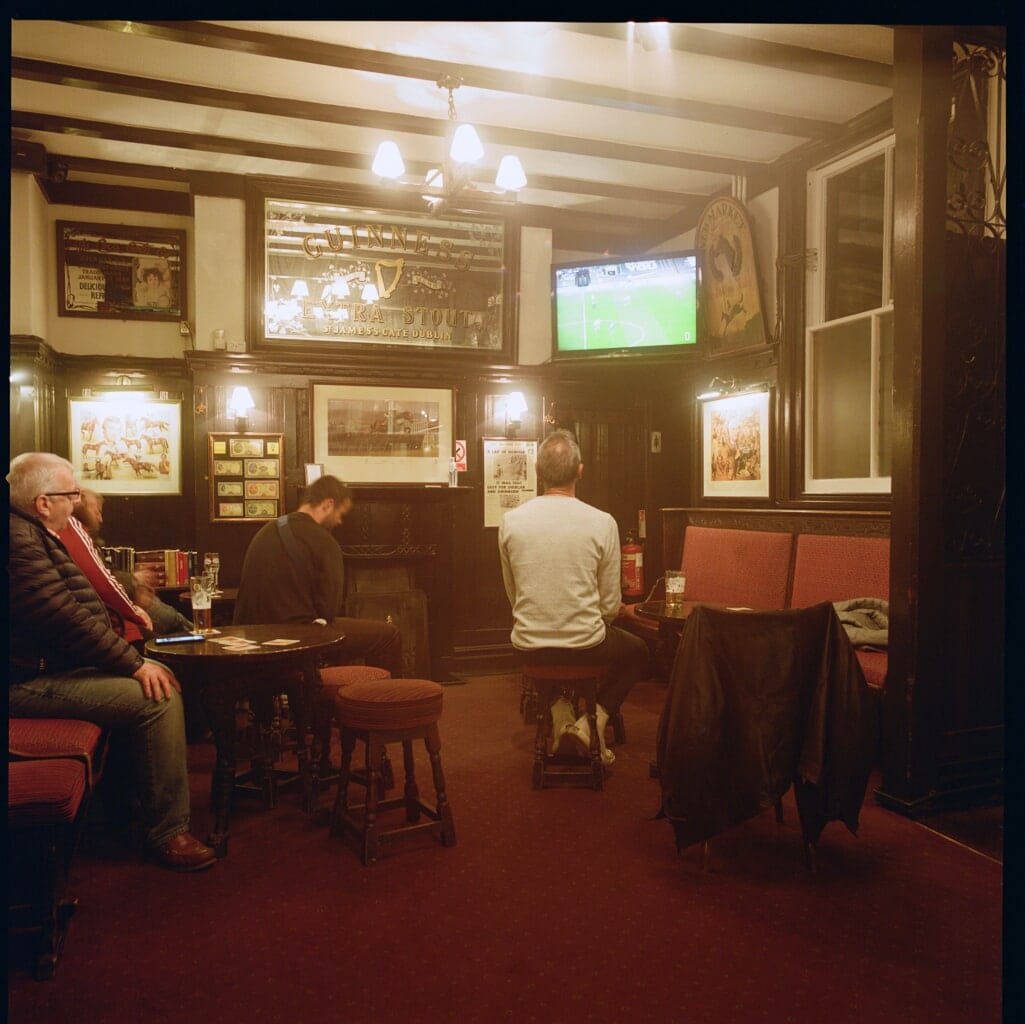
Pubs were once seen as the cornerstone of a working community, a place to unwind and socialise. A home away from home. It was perfectly fine to linger; no custom was expected beyond an initial pint. It was affordable, and a place to meet—create your community. You could leave your feeble son in the corner and have a few pints while catching up with some old friends. Make new friends, and mull over your thoughts.
Then came a turning point, which admittedly would be hard for me to pin. Be it the rise of hipsterism creating a more discerning, image-conscious generation; or the scourge of the financial crisis leaving rent impossible for the pubs that once were. The rise of contemporary drinking holes, where you’re seen as an asset with spending peaks and troughs and unabashedly treated that way, would be hard for me to explain with any real authority.
But what I can say, in today’s midst-of-pandemic world, is while their future may even be precarious, it looks a lot more promising than that of the traditional public house (which was already experiencing historic closure rates beforehand). And considering the shuttings we see nationwide — cinemas, libraries, leisure centres, etc. — the last public space we may have left, albeit speciously so, is the shops, leaving working families sequestered in their family (or rented) homes. And I don’t know about you, but I’ve never made a friend in the frozen aisles of ASDA.

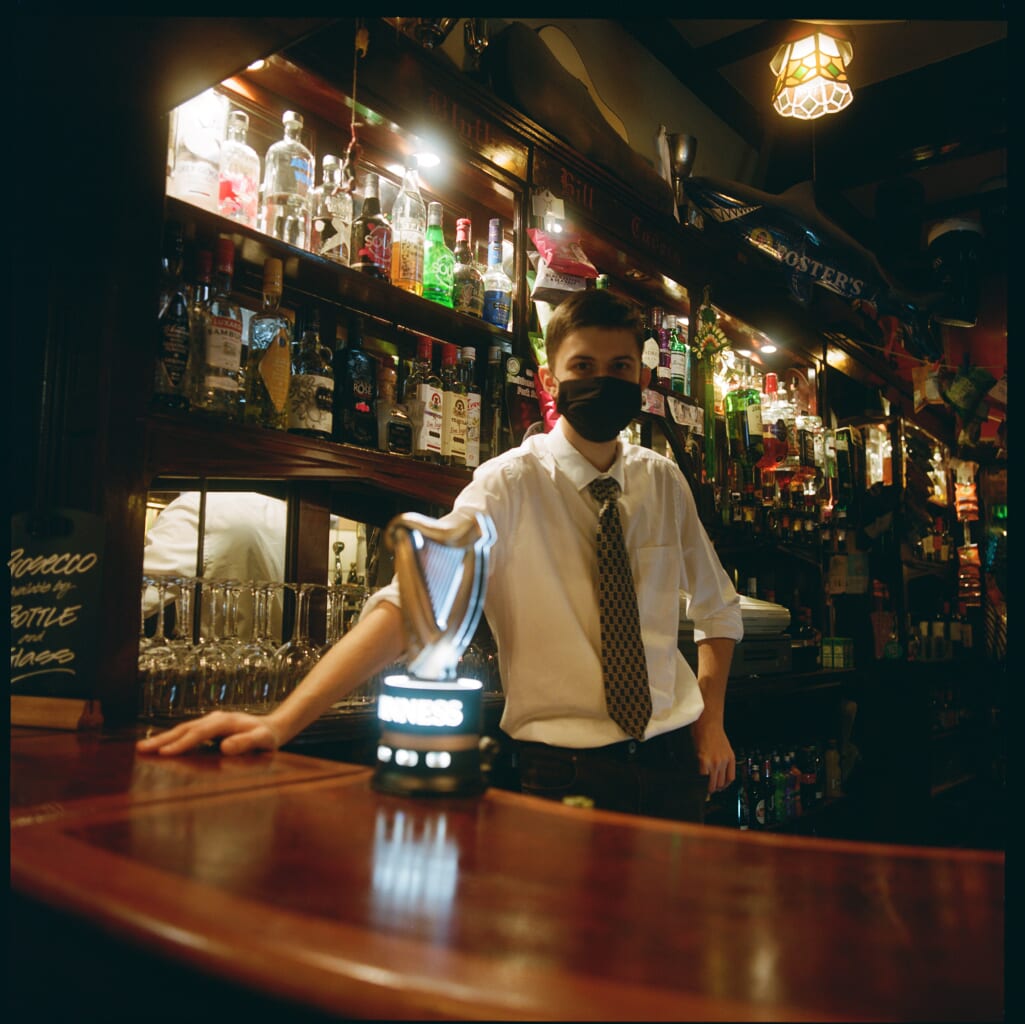
Look no further than Charlton’s White Swan to signal the importance of these pubs, which closed down at the beginning of the pandemic. The White Swan served its community for decades, including Charlton fans and football detractors. It stood strong and proud, the figurative North Star of the community. My friend Will was a patron:
“The White Swan had virtually everything you want in a pub. Friendly, unassuming bar staff who stayed year after year, ska and reggae played at a volume you could still talk over, a big garden for summer, a log fire for winter, and a weird upstairs bit that felt like your nan’s front room. It was the place where I knew I would see my dad and brother without fail every other week… a major part of the community”
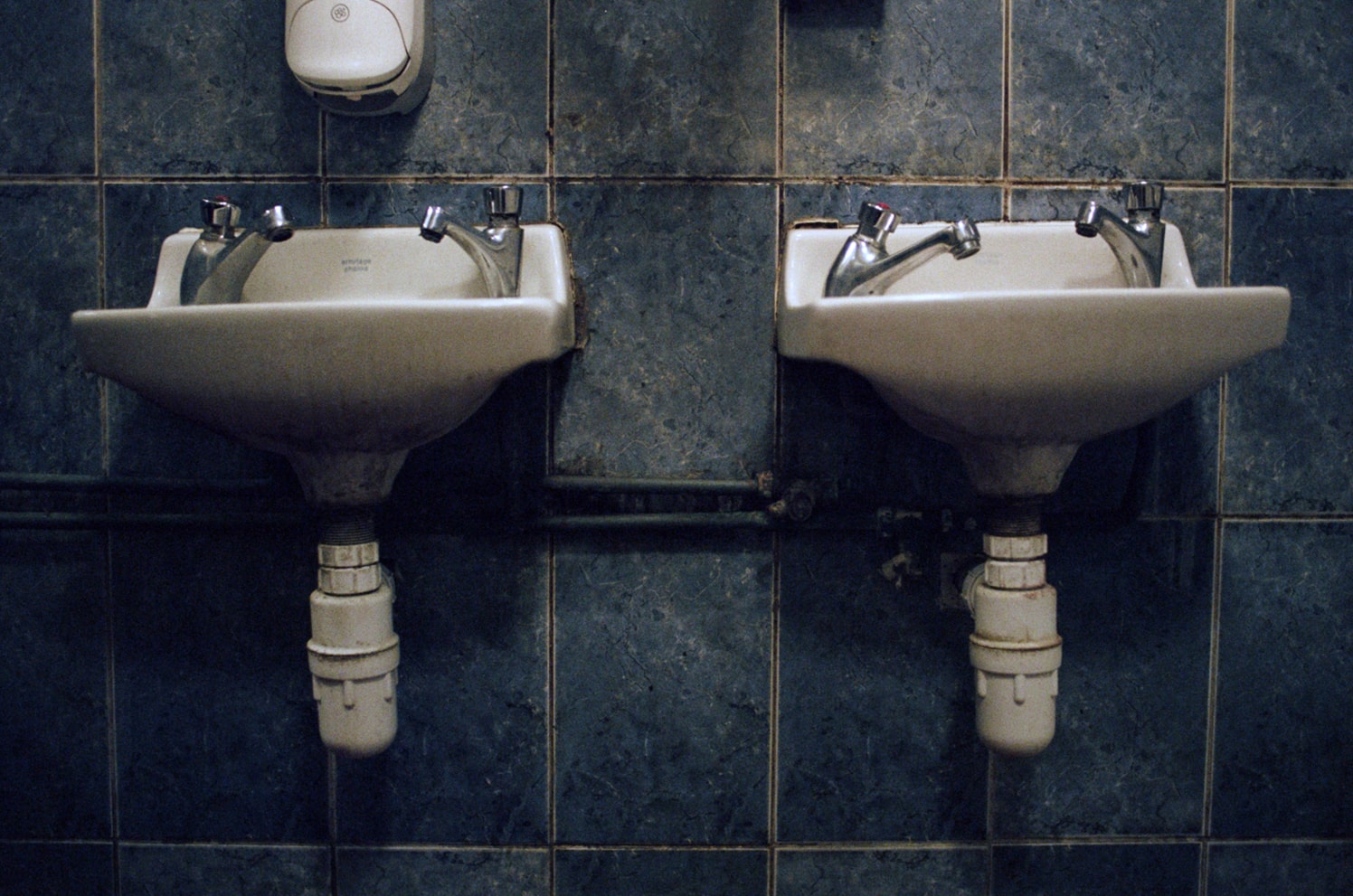
Of course, this isn’t a dirge. The very pictures in this article are that of Forest Hill’s Blythe Hill Tavern, a pub that continues to enjoy relative success due to stalwart punters and an intrigued class of priced-out-of-zone-two johnny-come-latelys. And while we can rhapsodise all we want, sing the praises and celebrate the beauty of these spaces, what’s necessary is: to go. Go, go, go. As we likely won’t see substantial government help, we need to go and drink and spend the money we have to ensure that this iteration of The Pub, our pub, isn’t a product of history. Something fondly remembered as we slurp our £12 Red Bull Sizzle at the chewy, vitamin-packed Street Feastarama or whatever the current it place goes by.
The pub my dad took me to shut down a while back. It gave me a pang of sadness to find that out, a place perhaps immortalised by many, including myself, but no longer there to serve future fathers and sons; no more 18th birthday pints, no more ailing boys in the corner. The fruit machines having had their last flicker, a co-op now stands on its grave, soberingly one of the neighbourhood’s last hope for a palpable sense of community.


